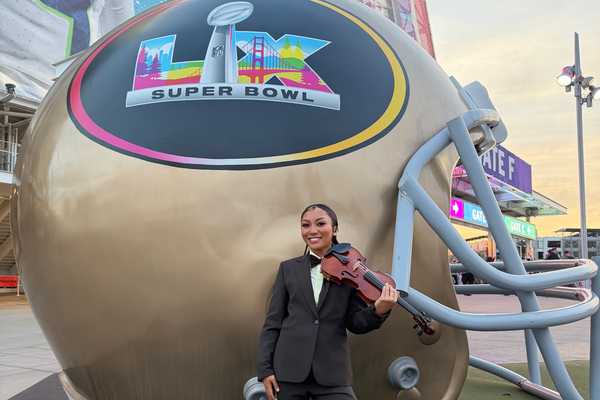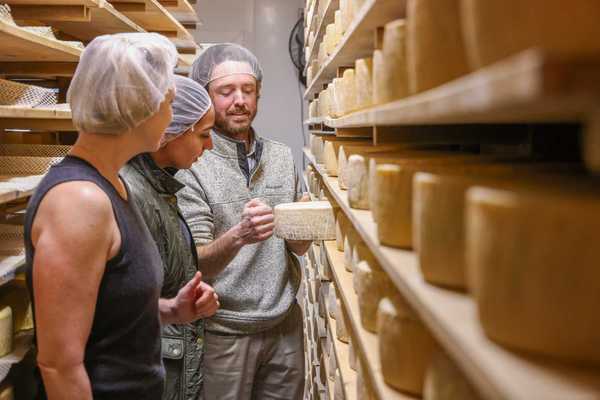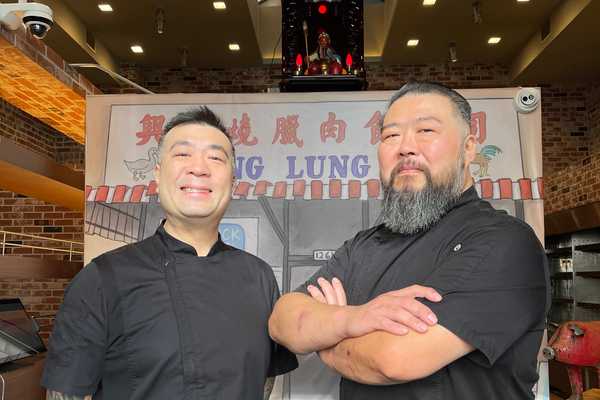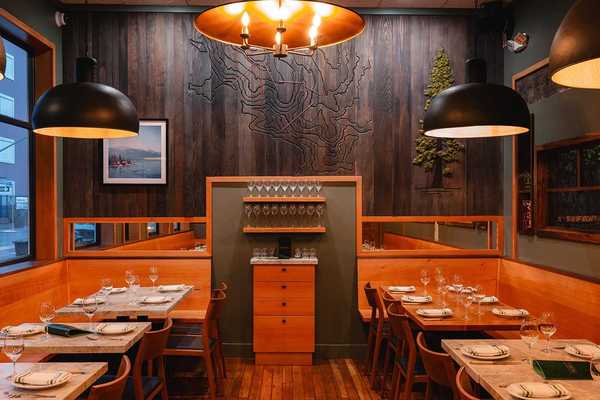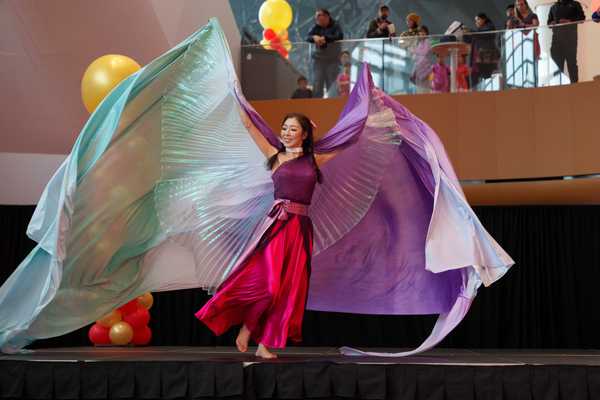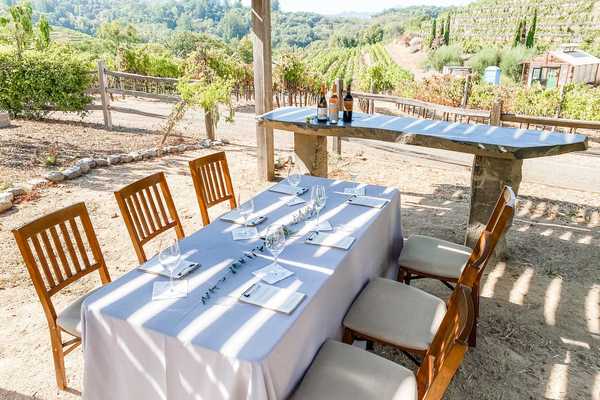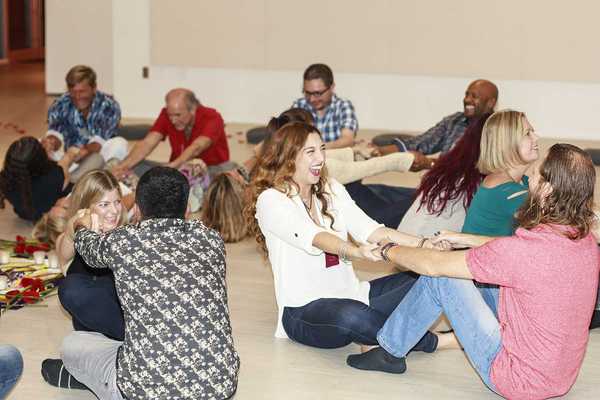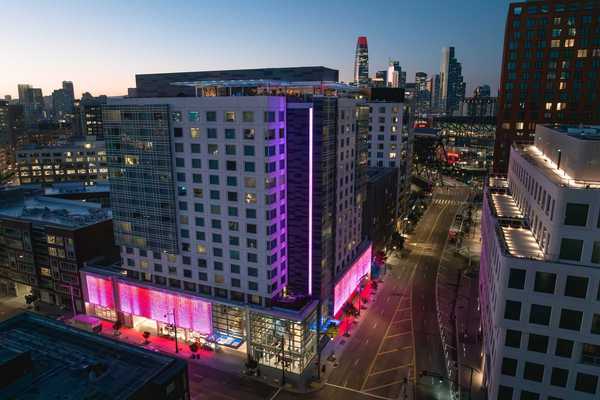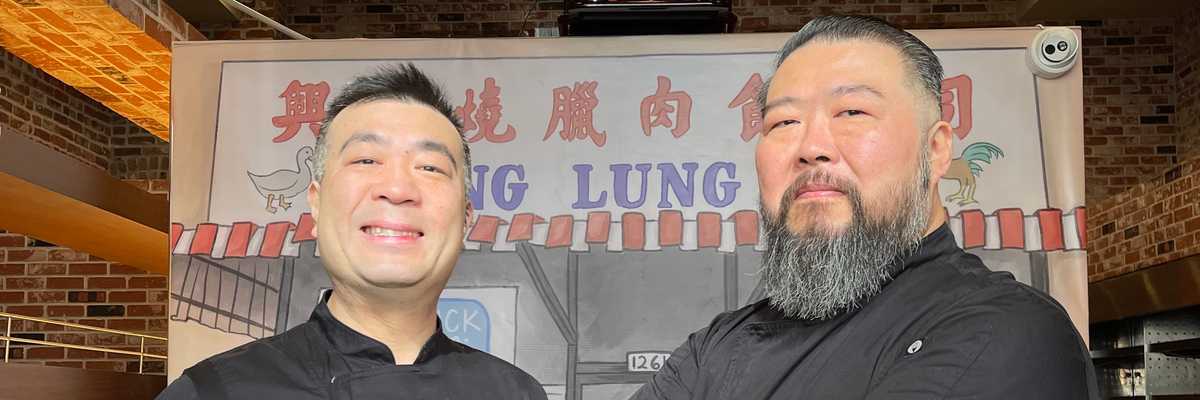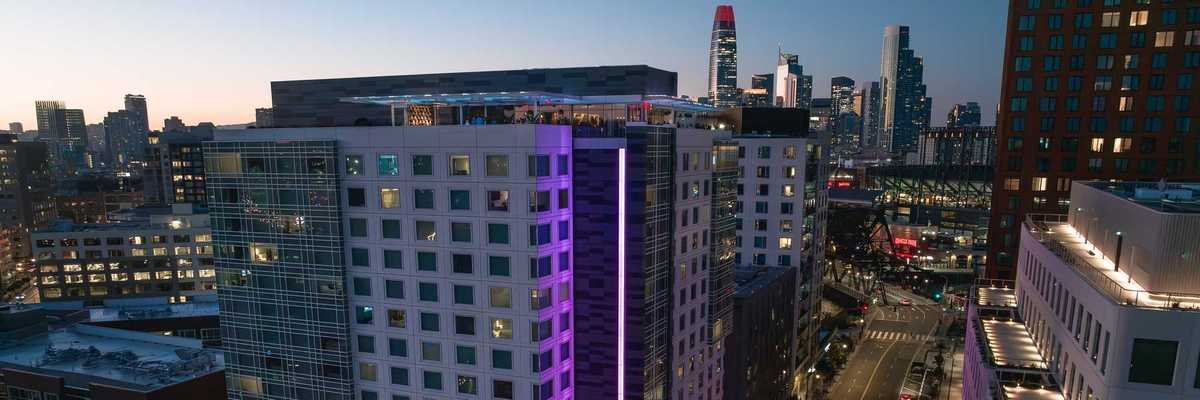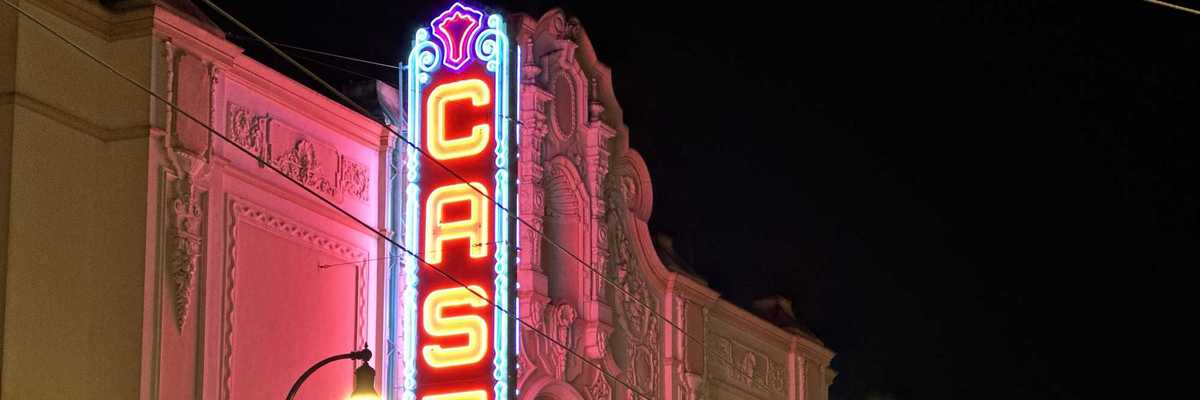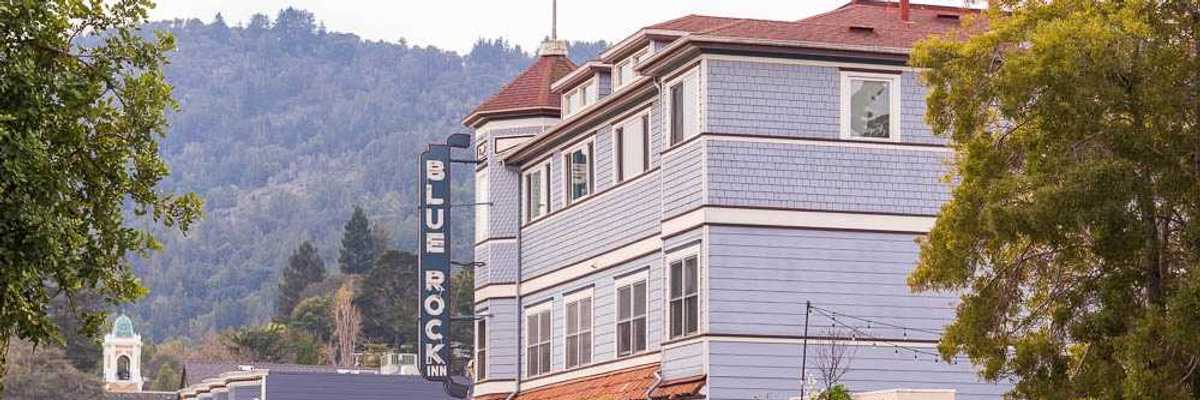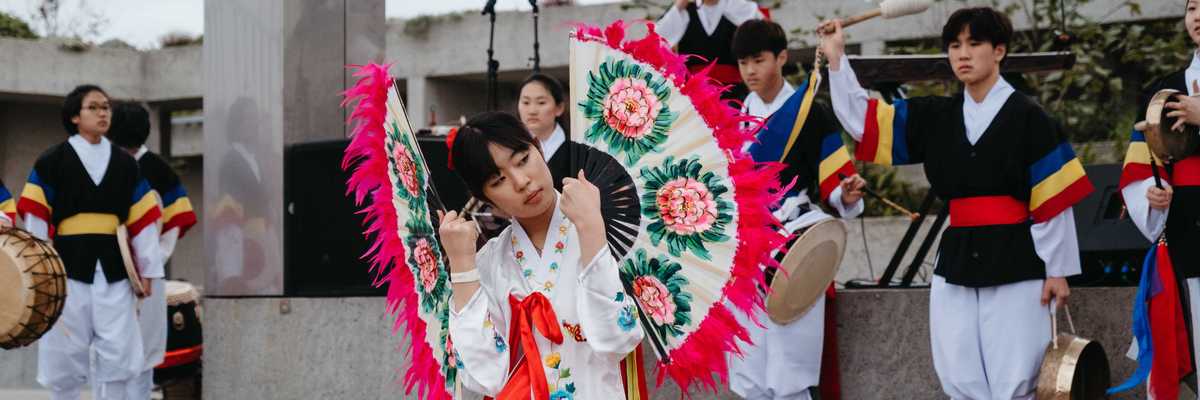There are certain defining moments in life that show not only who you are but also how the world will see you. For me, like for many Black boys, one such moment came when I was just 16. That's when I received The Talk.
Rites of passage exist in communities around the world, from the quinceañera to the Maasai lion hunt to the classic American prom. The Talk is an initiation for African-Americans. Our mothers and fathers all know The Talk, as do our children, especially the sons. No, it's not the birds-and-the-bees talk known to other teenagers, but rather a conversation—tips, suggestions, warnings—about how to act as a Black person: in the face of a world that may be afraid of you, in the face of those who might want to harm you, in the face of law enforcement when one small action or gesture might save your life.
When I turned 16, I got my drivers license. Excited and relishing my newfound freedom, I brought it home to show my family. My mother's face betrayed her horror; we argued, she cried, I am not ready for him to go.
It's true, I wasn't the best at driving. I had a lead foot, but I got my license and I was ready to go wherever I wanted, when I wanted. I didn't understand why my mom made such a big deal about it. But The Talk came a day or two later, and my mother was serious. "Look, as a Black teenager, there are some things you need to know when you are out there driving."
She spoke for what felt like hours with warning after warning about how to avoid trouble. Be home before the streetlights turn on. Don't attract attention by playing the music too loud. Be careful in "those little towns."
But her disposition became grave as she explained what I would need to do when, not if, I was pulled over by the cops. Keep your hands on the steering wheel at 10 and two. Do not make any sudden movements. Be polite, say ma'am or sir. Put them at ease, show that you're not a threat. She made it clear: Upon all of this my life depended.
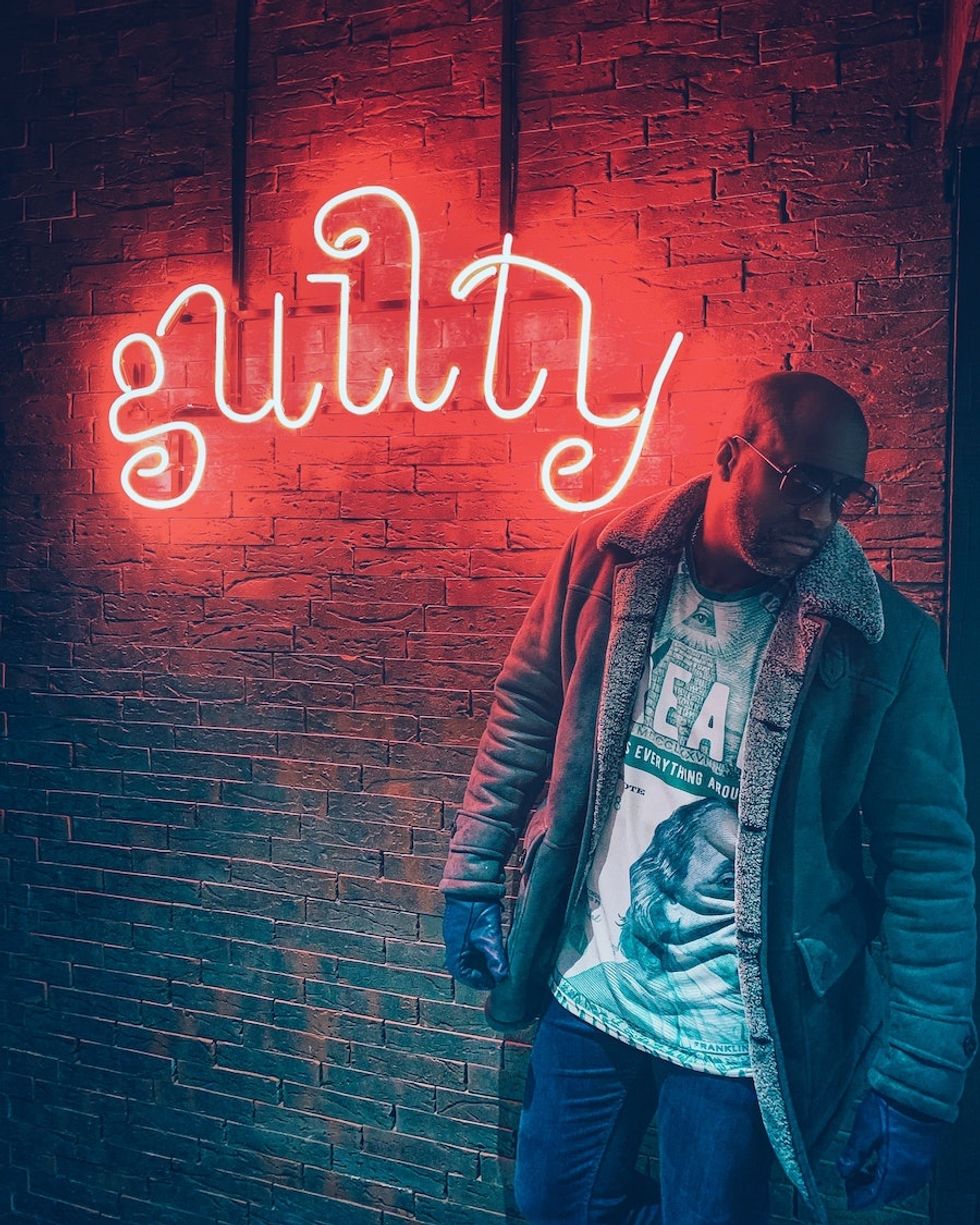
The first time I was pulled over, I was in midtown Kansas City, Missouri. I was driving maybe 10 miles over the speed limit (remember my lead foot). When I heard the siren and saw the flashing lights behind me, I immediately froze. I breathed rapidly and gripped the steering wheel tight, trying to catch my breath. When the officer approached my car, I made eye contact, studying his face, eyes, ears, and uniform. I waited for him to speak, and replied, my clutch on the wheel loosening only to hand over my license and registration, both ready on the passenger seat. My eyes locked on the rearview mirror while I waited for him to run my license before he came back to my car, handed me my license, registration, and a speeding ticket, and drove off. The whole stop took maybe 20 minutes, but it felt like hours.
In the seven or eight times I have been pulled over by the police, I have always had the same reaction: tense, nervous, and scared. I wonder will this be it? I've felt fortunate to drive away from police encounters physically unscathed, but I have friends and family members who cannot say the same. They get pulled over for having new cars or for driving in predominantly white neighborhoods. One friend of mine was threatened, another was roughed up. I was lucky. To be honest, one reason I moved to San Francisco is because I do not have to drive—anything to reduce my interactions with police.
When I relocated to SF in 2013, I set a goal to become a mentor for a Black child. I had many great people in my life and felt that I owed it to help someone else. My mentee was Brandon, a young kid living in the Tenderloin. We would often hang out and talk about teen stuff—video games, sports, the girls he liked. One day as we were walking down Polk Street to Bob's Donuts, the conversation turned to Trayvon Martin, the 17-year-old Black kid who had been fatally shot in 2012; his killer, George Zimmerman, had just been acquitted.
Brandon, 13 at the time, told me he and his friends had been harassed by a police officer on their way to school. He said the cop began to question them in a very harsh tone, asking what were they up to and where were they going. "We were just going to school. We weren't doing nothing," Brandon told me.
I sighed, recognizing his situation all too well. I have been followed around in stores as though I was expected to steal, I have been asked do you belong here? I have been stopped by the police simply for being Black. There's no other culture I know of where The Talk is so common and requisite, that moment when we must tell our kids that life isn't fair, that the cards we've been dealt, that who we are is a setup for injustice. "You aren't doing anything wrong. You're just Black," I told him.
"It's not fair," Brandon said, and of course it isn't. We stood on the street in silence for a couple of minutes before walking on from that sad, important moment. Brandon needed to be prepared for what he will experience in life. Our talk was a rite of passage for him to receive, as well as for me to give.
Since that day, Brandon has grown in size and mind. He is more weary of the police and realizes that, as a Black man, he inhabits a different space than his white friends. And just because I gave him The Talk, it does not guarantee his safety.
As I write this, I think about George Floyd, Breonna Taylor, and even more recently Rayshard Brooks, an unarmed 27-year-old Black man who was fatally shot by an Atlanta police officer. There are few things to make a person feel more helpless than being pulled over for driving while Black. When I hear those sirens, I know that whether I drive away or don't is a game of chance. I just hope luck falls my way.




